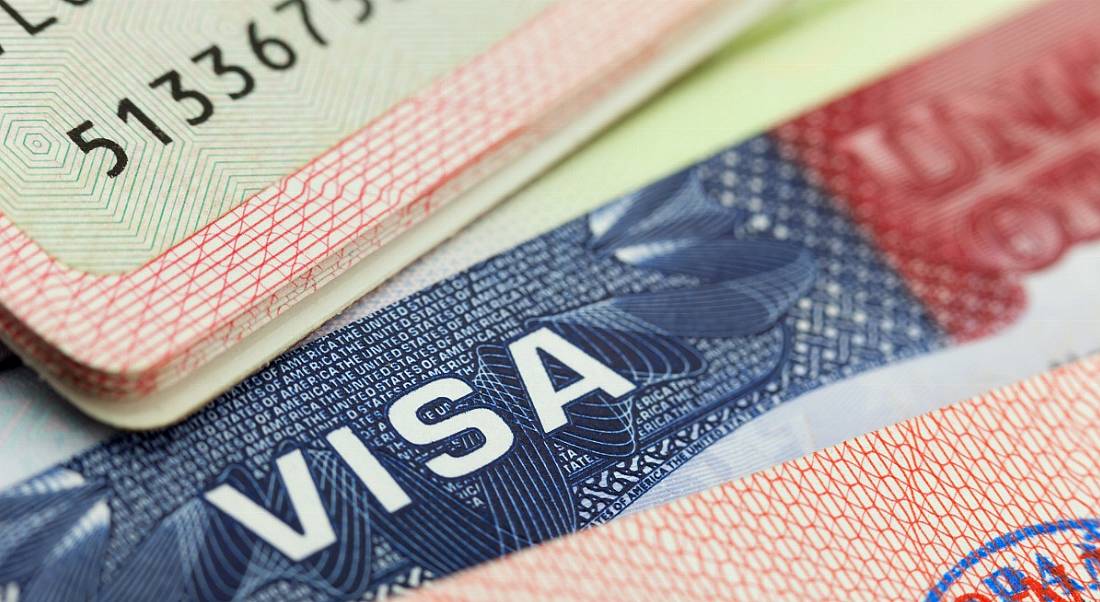In order to fill the tech talent gap in Ireland, major companies are recruiting professionals from non-EEA countries. But how difficult is it for these workers to get visas to Ireland?
Many STEM multinationals have, and will continue to, set up massive operations in Ireland. The planned expansion of Facebook’s Irish operation and the impending construction of a Dublin Salesforce tower are prime examples of this, not to mention the sheer scale of Ireland’s booming life sciences industry.
Dublin attracts international industry, and therefore is home to an international well of talent. In the jobs market, preference is given to citizens of Ireland and those from the European Economic Area (EEA). Switzerland, though neither a part of the EEA nor the EU, is also granted priority because it is part of the European Free Trade Association (EFTA).
However, non-EEA workers can still access the jobs market if they take certain steps. Are they straightforward steps? Anyone who has had a brush with bureaucracy in any form will probably have an inkling of the answer: no, they are not.
What kind of visa do you need?
To begin, any non-EEA citizen (bar Swiss citizens) hoping to live and work in Ireland will require an employment permit. As of 2006, there are nine different employment permits that people can be granted depending on their circumstance.
Critical Skills visa
The permit that tends to be the most applicable to non-EEA STEM workers is the Critical Skills Employment Permit. This visa is aimed at “highly skilled” workers whom the Irish Government wants to attract to the labour market to plug skills shortages. The Government has a specific list of eligible occupations for this visa. As one may expect, software developers, engineers, and professionals in biomanufacturing, chemical engineering and medicine are included. In this sense, it is very similar to the US-based H-1B visa.
This is arguably the most coveted visa among applicants for a few reasons. For one, it doesn’t require a Labour Markets Needs Test, a multitiered process that is designed to ensure that positions are only offered to non-EEA candidates where no suitable Irish or EEA candidate has emerged.
Another huge benefit of this visa is that visa holders can apply for immediate family reunification from the Irish Naturalisation and Immigration Service (INIS). When the Critical Skills visa concludes, permit holders can then apply to INIS for permission to reside without an employment permit, which would generally be tied to a specific employer.
This differs from the conditions of the General Employment visa in that it expedites the allocation of dependant visas. It can be as long as six months before the families of General Employment visa holders are allowed to come to Ireland to be with them.
General Employment visa
The General Employment Permit is applicable to all occupations not included in either the Critical Skills occupation list or the ineligible occupations list. Ineligible occupations such as shopkeepers, hairdressers, physiotherapists, counsellors and environmental service managers are those for which the Government feels there is a sufficient amount of Irish or EEA workers to fill the positions.
Dependant visa
A Dependant/Partner/Spouse Employment Permit is given to the spouses and dependants of Critical Skills visa recipients. These people can work in roles on the ineligible occupations list. However, the question of whether those holding a Stamp 3 permit are allowed to work is unclear as employers are generally unaware of the intricacies of the process. It has been a source of great exasperation for activists and current Stamp 3 permit holders.
Are there any other requirements?
Visa applicants will often have to present banking documentation in order to prove that they have sufficient assets to settle in Ireland. Any and all of their documentation will have to be presented to the Irish Government in a notarised translation into English.
Many roles based in Ireland will also require applicants to take (and get the required score on) the IELTS, an international English-language certification comprising reading, writing and comprehension sections.




